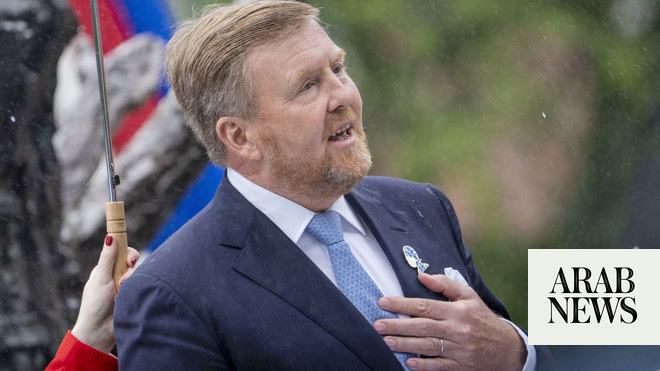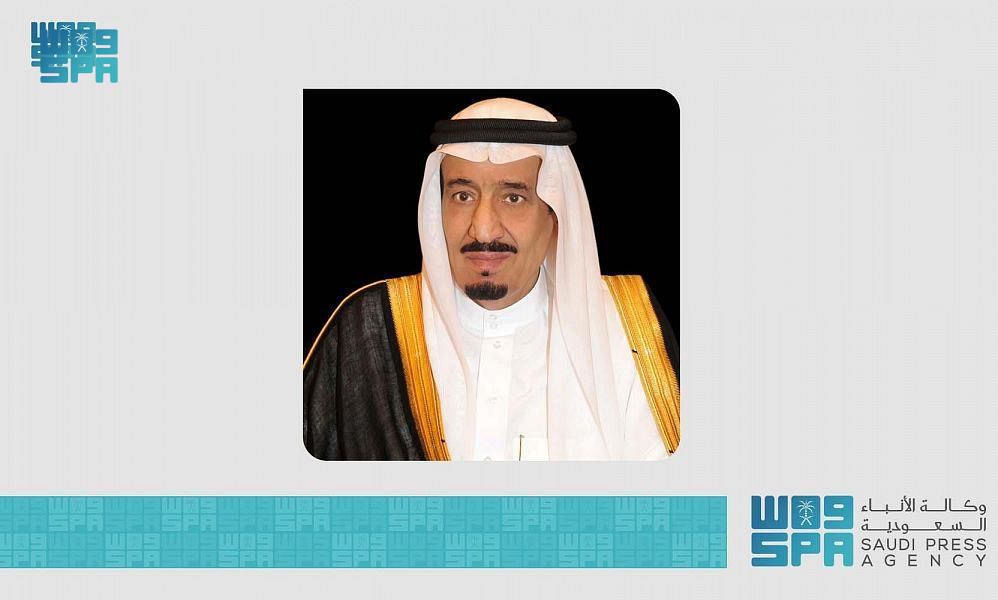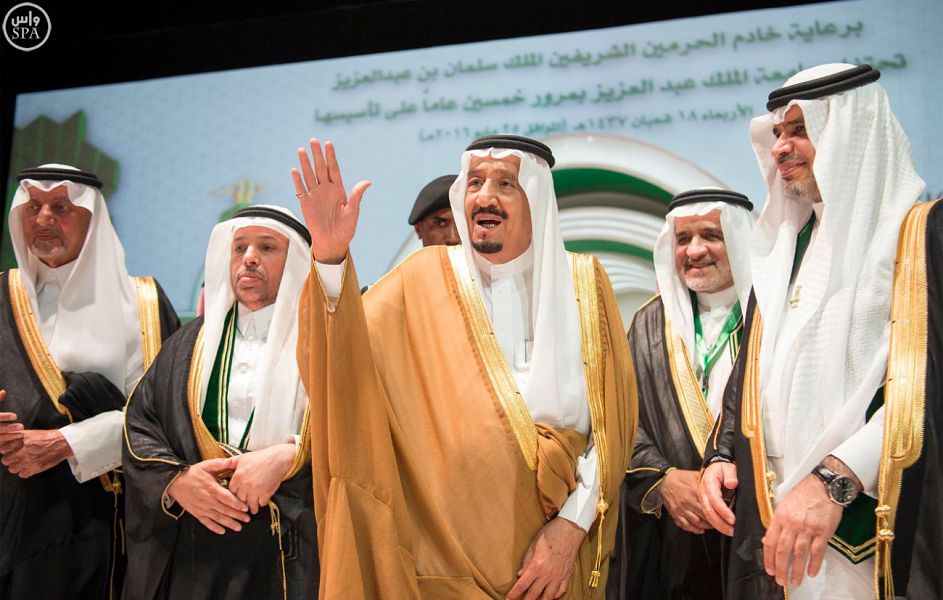
Iraq celebrated on Sunday the 98th anniversary of the founding of its army amid divisions among the people despite the heroics the military has waged in recent years against armed and terrorist groups.
Sunday’s anniversary was celebrated in the absence of a defense minister as Prime Minister Adil Abdul Mahdi grapples with ongoing bickering between political blocs on the distribution of portfolios in his still-incomplete cabinet.
It is the norm for the position of defense minister to go to a Sunni figure, however, an agreement over a candidate often stumbles at Shiite and Kurdish objections.
During a ceremony at the military academy in Baghdad, Abdul Mahdi, who also serves as armed forces commander, congratulated the army on its anniversary.
“The Iraqi military has produced generations of officers and commanders,” he said during a speech.
“The brave army will continue to belong to all Iraqis and it is the protector of coexistence and diversity,” he stressed.
“It has succeeded in its mission to defend and liberate Iraq” and has achieved great feats in its battle against terrorism, he continued.
The ceremony was was attended by a number of officials, military commanders, lawmakers and representatives of civil society groups.
Iraq had in December 2017 declared victory against the ISIS terrorist group that had in 2014 swept across swathes of the country.
President Barham Salih meanwhile laid a wreath at the monument of the unknown soldier in central Baghdad.
Parliament Speaker Moahmmed al-Halbousi also addressed a message to the military, hailing it for defeating ISIS and “presenting a unique example of sacrifice and courage in performing its duties.”
Despite the celebrations and congratulatory statements, divisions still remain over the role the military has played throughout its long history.
This was reflected in the Iraqi Kurdistan Region government decision to sit out from Sunday’s commemorations. This marked the first time that it does not take part in the celebrations.
The Kurds view the Iraqi army as the side that had inflicted the most damage against its forces during their struggle for independence over the decades. They also hold it responsible for the military offensives that late ruler Saddam Hussein had waged against their villages, as well as the chemical attack against them in 1988.
Besides the Kurds, many Iraqis launched scathing criticism against the military, accusing it of serving ruling governments, especially under the Baath rule. It is also accused of leading a coup against the monarchy in 1958 and involving Iraq in dozens of costly internal and foreign battles.
Other Iraqis, however, view the military in a different light and consider it a victim of political disputes.
Throughout the recent decades, the army waged dozens of internal and foreign battles, notably nearly 50 years of conflict with Kurds. It was also embroiled in the Iraqi-Iranian war of 1980-88, the invasion of Kuwait in 1990 and the third Gulf war that led to the toppling of Saddam’s regime in 2003. Moreover, it was involved in the majority of Arab wars against Israel and waged its fiercest and most complex battle – the war on terrorism – in the post-2003 period.
Head of the parliamentary security and defense committee Adnan al-Assadi said that the discrepancy in support and criticism of the military was “understandable.”
“People must realize that the current political system determines the nature and duties of the army,” he told Asharq Al-Awsat.
He explained that the “dictatorial nature of the previous regime forced the army to become involved in battles against its own people.”
“I believe it had no choice but to abide by the strict military orders that were imposed at the time. It would have faced execution had it not complied,” he added.
“The situation is different now. We have seen how the officers defended the people and the military suffered grave losses in its war on terrorism, such as al-Qaeda and ISIS,” said Assadi.
The military boasts some 250,000 members, he continued, and they are better equipped now than they have ever been.
“It is, however, still being sidetracked from its main mission of defending the country because it it still embroiled in restoring security in cities. The army should be withdrawn from cities, rehabilitated and retrained,” he suggested.







